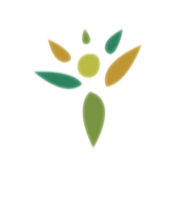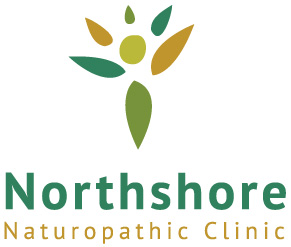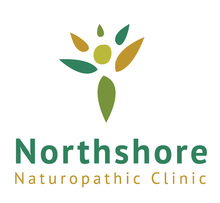By Dr. Matsen/Irene Hayton
Pesticides—chemicals that are commonly used on conventionally grown fruits and vegetables—contain toxins that your liver has to handle and they contribute to many adverse health effects, including nervous system, cancer and reproductive system effects.
We recommend to patients that they buy certified organic foods whenever possible in order to reduce the amount of pesticides (as well as other chemicals) to which they are exposed. We realize that this is not always possible because organic foods are typically more expensive than non-organic.
If you can afford to buy some organic produce, the Environmental Working Group (EWG) has created a list of the “Dirty Dozen,” the twelve most pesticide-laden fruits and vegetables and the most important to buy organic if possible. They are: peaches, apples, sweet bell peppers, celery, nectarines, strawberries, cherries, kale, lettuce, imported grapes, carrots and pears. Those that have the lowest levels of pesticides and are okay if organic isn’t available or affordable are: onions, avocadoes, sweet corn (frozen), pineapples, mangoes, asparagus, sweet peas (frozen), kiwi, cabbage, eggplant, papaya, watermelons, broccoli, tomatoes and sweet potatoes. “An EWG simulation of thousands of consumers eating high and low pesticide diets shows that people can lower their pesticide exposure by almost 80 percent by avoiding the top twelve most contaminated fruits and vegetables and eating the least contaminated instead. Eating the 12 most contaminated fruits and vegetables will expose a person to about 10 pesticides per day, on average. Eating the 15 least contaminated will expose a person to less than 2 pesticides per day.” To see the full list and for more information on pesticides, click on this link: http://www.foodnews.org/fulllist.php.
If buying organic isn’t feasible due to cost and/or availability, the next best option is to buy locally grown produce. See the August 2008 Health Tip titled “Eating Locally Grown Fruits and Vegetables” on this website or click on this link for more information: http://www.ndaccess.com/EatingAlive/Page_Detail.asp?PageID=21&HealthTipID=76.
For more information on why eating organic is important, see my November 2002 Monthly Comment titled “Nutrient Depletion of Food” or click on this link: http://www.ndaccess.com/EatingAlive/Page_Detail.asp?PageID=22&CommentID=48.
Another option to reduce your exposure to pesticides is to wash your produce with grapefruit seed extract and water, or with one of the commercial vegetable washes available in most grocery stores.


